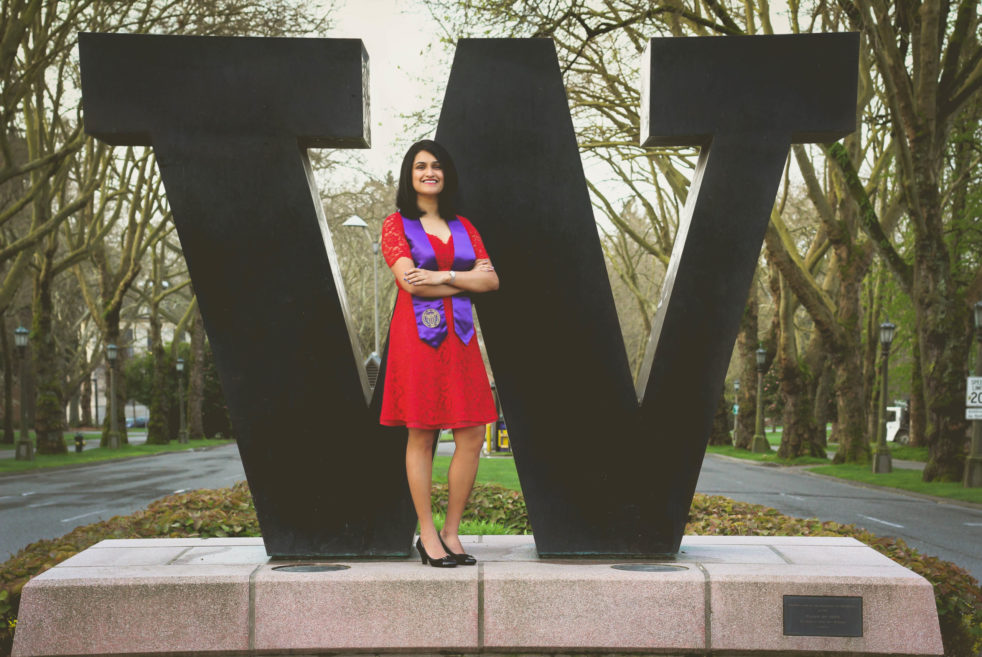I first became interested in Special Care Dentistry a few years ago. It started with a simple thought. Why do we not see patients with Special Health Care Needs (SHCNs) in the private dental practice? I had been practicing for 2 years by then and could count on one hand the number of patients with SHCNs I had worked with.
After connecting the dots and revisiting past experiences, I realized Special Care Dentistry to be a focus I wanted to pursue in my career. It led me to complete the LEND (Leadership and Education in Neurodevelopmental Disabilities) fellowship at University of Washington in 2021, and later a GPR (General Practice Residency) at Alameda Health System in 2023. Due to extensive training, today, more than half my patients happen to be those with SHCNs and/or medical complexities.
Most of these patients are unable to get care at a traditional dental clinic due to the complicated nature of their medical health. They get referred by the general dental practitioner to more experienced colleagues or hospitals for care under general anesthesia. In my experience, however, many of these patients can be cared for, safely, in the private dental practice.
There are 2 key factors to understand in Special Care Dentistry
- General dentists and pediatric dentists require advanced dental as well as medical knowledge in order to care for these patients. What we learned in dental school would not suffice.
- Collaboration with allied health care providers is important. Providers such as home health aides, nurse practitioners, physicians and physiotherapists, to name a few. This creates an opportunity to understand our patients’ overall health. It helps sequence treatment, medications, and recovery.

A solution to the above is the creation of a Study Club that will focus on delivering CE and offer networking opportunities.
Topics covered in this Club include
- How to treat a patient with Cerebral Palsy, Down Syndrome or Autism.
- How to select patients for Sedation in-office.
- Treatment modifications and prosthodontic care for geriatric patients with reduced hand coordination and muscle memory.
- Website and marketing accessibility for patients with disabilities.
- How to manage patients with advancing dementia.
- How to navigate informed consent for patients with cognitive disabilities.
- Legality of power of attorney’s and conservatorships. Learn from attorneys who deal with this exclusively.
- Medical emergencies.
The objectives of this Club are to
Facilitate continuing education on the increasingly medical management of our aging patients and patients with SHCNs.
Foster collaboration amongst the various health care providers who work with this patient population, thereby improving care outcomes and reducing polypharmacy.
Build a referral network between general and pediatric dentists.
If this is of interest to you, please fill out the contact form below. We look forward to meeting you!
